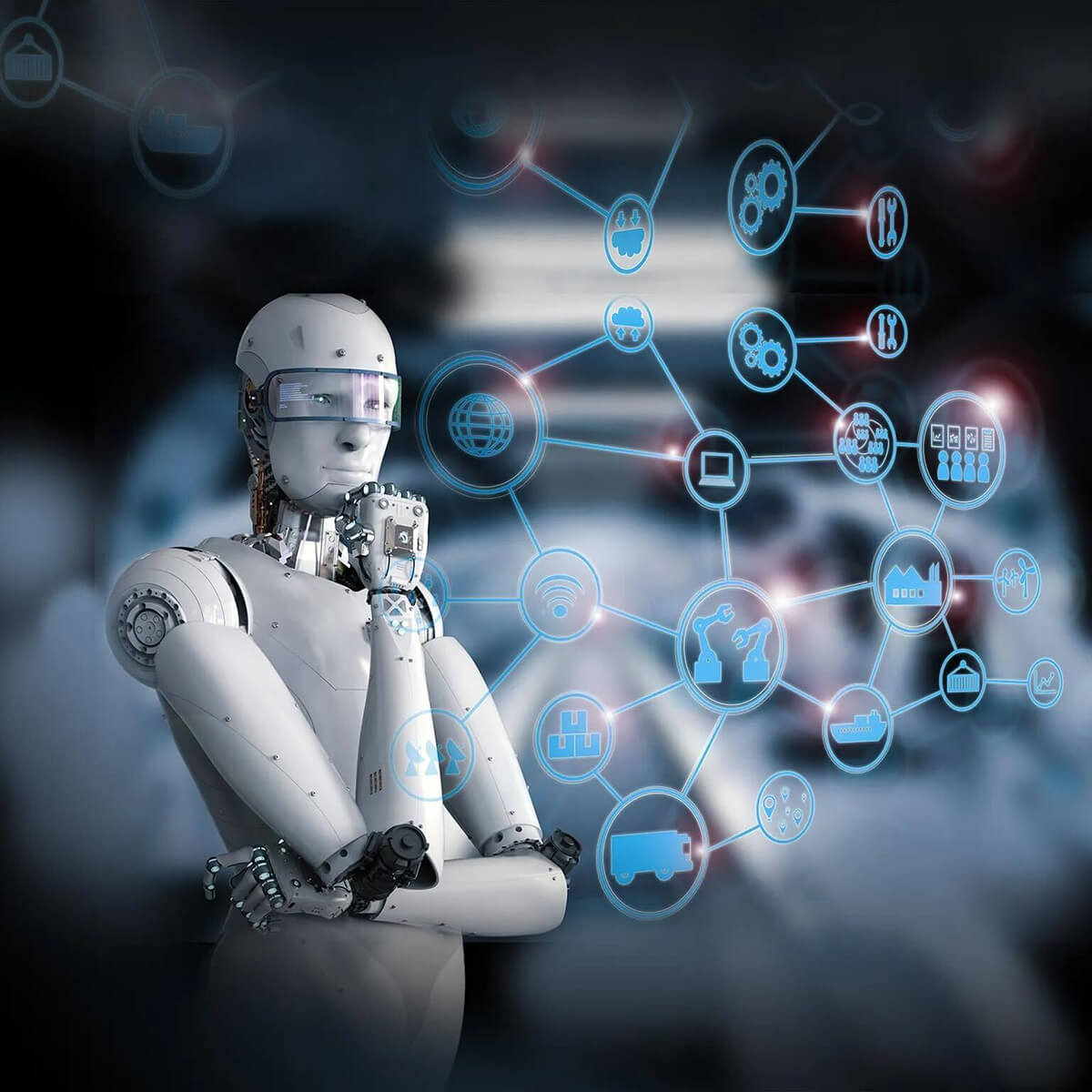There’s no question that the use of Artificial Intelligence (AI) in logistics is on the rise. But just how much AI is there in the industry’s future? Will most businesses keep using it merely to support their operations? Or is there a Terminator style AI-takeover on the not-so-distant horizon? Let’s take a look at the benefits and shortcomings of AI in logistics to gain some answers.
Benefits of AI
AI brings plenty of benefits for the logistics industry: most notably, more efficient business processes, reduced costs, and an easier way to gather and leverage data.
Expand without outsourcing
eCommerce is the present and the future, baby. The fact that more customers than ever can now interact with your business online is great news for your rising profits, bad news for your overworked office staff. AI can act as an assistant to your customer service team, fielding queries and questions and lightening their load.
Mitigate supply chain risks
We’re not going to sit here and lecture you on the importance of the supply chain: you already know that one tiny disruption can lead to massive delays down the road (pun intended). AI takes care of this by predicting possible disruptions and optimizing the supply chain process.
Better data, better business
Humans will always be prone to error. Robots, on the other hand, never mess up (well, almost never). Using AI helps you track and analyze data at a much higher, much more accurate level, helping you improve your business operations.
Shortcomings of AI
Before anyone goes on a rant about how robots are stealing our jobs, let’s get one thing straight: there are still some situations in which you need a real live human. Here are the three main things humans have that bots don’t.
Intuition
Some things in life are irreplaceable: just as turkey bacon is no match for the real thing and the Star Wars prequels are no match for the original trilogy, no AI, however capable, can replace human intuition. AI systems use data and programmed instructions to make decisions, and often they choose correctly. But some situations just require a human brain.
Experience
AI systems are capable of learning over time, but they’re never going to have the same level of industry knowledge and experience as a human who’s spent decades working in the ever-evolving field of logistics. And while AI and automation can be used to train new employees in some situations, there’s still no substitute for learning from an experienced industry veteran.
Interpersonal Communication Skills
Thanks to NLP and ML, AI systems can communicate pretty smoothly, and most of the time, can almost match the level of a real human interaction. But the key word there is “almost.” Don’t expect to just hand off all your interactions to AI (although, that would be nice); interpersonal communication is still one of the surest ways to your customers’ hearts.
AI has burst onto the scene and will continue to be a great asset to the logistics industry. In the coming years, we’re likely to see a massive upswing in the number of companies using AI for things like supply chain management, customer service, and data analytics. But rest assured that the robot takeover of the world is still a long way off: AI will never fully replace the need for living, breathing humans (thank goodness).
